
Enchanting Sisimba: The Heartbeat of Mbeya
Sisimba, nestled in the vibrant city of Mbeya, Tanzania, is a hidden gem awaiting exploration. This neighborhood is a delightful mix of cultural richness, scenic beauty, and warm hospitality. As you wander through its streets, you'll be captivated by the colorful markets brimming with local crafts, fresh produce, and the tantalizing aroma of traditional Tanzanian cuisine. One of the highlights of Sisimba is its close proximity to the stunning Mbeya Range, offering breathtaking views and numerous hiking trails for nature enthusiasts. The area is also home to several historical sites, including ancient rock paintings that provide a glimpse into the region's rich past. Whether you're a history buff or an outdoor adventurer, Sisimba has something to offer. The community spirit in Sisimba is palpable, with friendly locals eager to share their stories and traditions. This neighborhood is a perfect starting point for anyone looking to immerse themselves in the authentic Tanzanian way of life. From its bustling markets to its tranquil natural surroundings, Sisimba provides a unique and unforgettable travel experience.
Local tips in Sisimba
- Visit the local markets early in the morning for the freshest produce and unique crafts.
- Carry comfortable walking shoes for exploring the hiking trails in the Mbeya Range.
- Engage with the locals to learn about their customs and traditions.
- Don't miss the ancient rock paintings for a historical insight into the area's past.
Enchanting Sisimba: The Heartbeat of Mbeya
Sisimba, nestled in the vibrant city of Mbeya, Tanzania, is a hidden gem awaiting exploration. This neighborhood is a delightful mix of cultural richness, scenic beauty, and warm hospitality. As you wander through its streets, you'll be captivated by the colorful markets brimming with local crafts, fresh produce, and the tantalizing aroma of traditional Tanzanian cuisine. One of the highlights of Sisimba is its close proximity to the stunning Mbeya Range, offering breathtaking views and numerous hiking trails for nature enthusiasts. The area is also home to several historical sites, including ancient rock paintings that provide a glimpse into the region's rich past. Whether you're a history buff or an outdoor adventurer, Sisimba has something to offer. The community spirit in Sisimba is palpable, with friendly locals eager to share their stories and traditions. This neighborhood is a perfect starting point for anyone looking to immerse themselves in the authentic Tanzanian way of life. From its bustling markets to its tranquil natural surroundings, Sisimba provides a unique and unforgettable travel experience.
Iconic landmarks you can’t miss
Mbeya Bus Park
Experience the heart of Mbeya at the Bus Park, a lively transportation hub connecting you to Tanzania's stunning Southern Highlands.
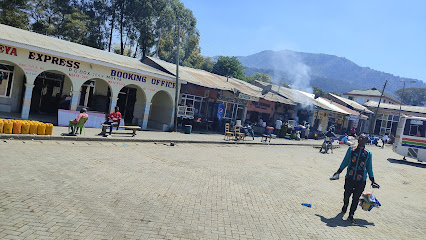
the peace of mind resthouse
Experience tranquility and comfort at The Peace of Mind Resthouse in Mbeya, Tanzania—your serene escape amidst stunning natural beauty.

Mbeya IFISI ZOO,museum and ravine
Explore Mbeya IFISI Zoo in Mbalizi, a family-friendly destination teeming with wildlife encounters, educational exhibits, and stunning natural beauty.
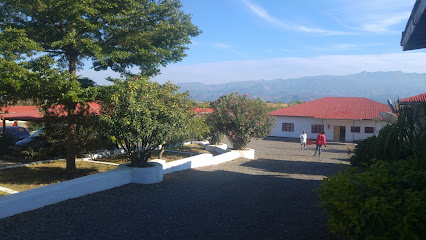
Mzumbe Garden
Discover Mzumbe Garden, a picturesque escape in Mbeya, Tanzania, where nature meets tranquility and local culture flourishes.
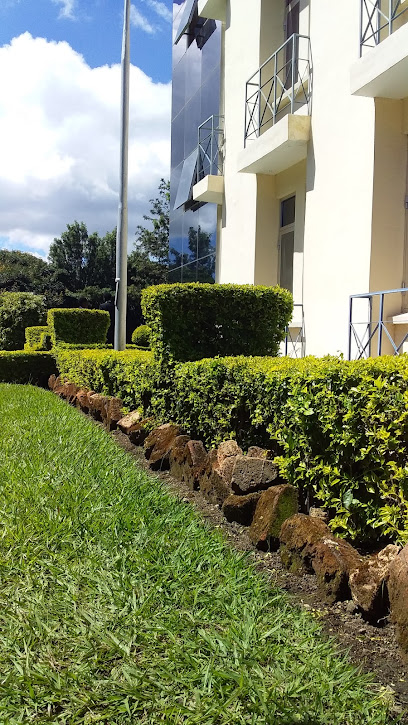
The Great Rift Valley View Point
Explore the breathtaking panoramas at The Great Rift Valley View Point in Mbeya, Tanzania, where nature's beauty unfolds in stunning vistas.
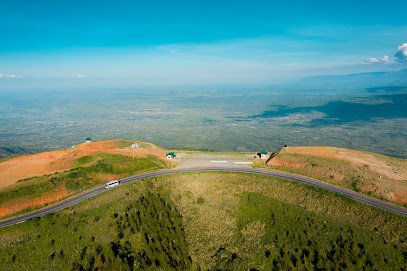
Ivumwe Tree
Explore the Ivumwe Tree, a historical landmark in Mbeya, Tanzania, where nature meets culture in a breathtaking setting.

Gazelle Safaris,Tanzania, Mbeya, Iringa
Explore the breathtaking landscapes and wildlife of Tanzania with Gazelle Safaris – your gateway to adventure in East Africa's natural wonders.
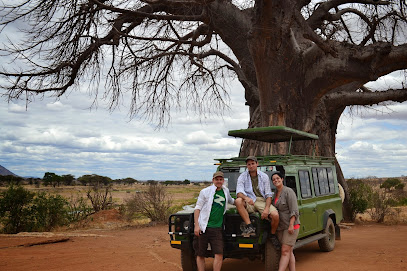
Everyday Mbeya Tours
Explore the natural beauty and cultural richness of Mbeya, Tanzania with Everyday Mbeya Tours for an unforgettable adventure.
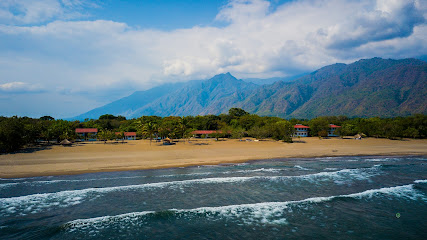
Visit mbeya
Explore the breathtaking landscapes and vibrant culture of Mbeya, a hidden gem in Tanzania's southern highlands, perfect for adventure and relaxation.
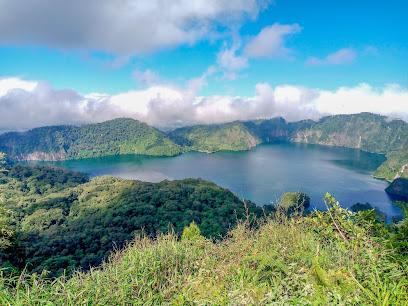
Nungunungu
Discover the beauty of Tanzania with Nungunungu, your expert tour operator in Mbeya, offering tailored adventures for every traveler.
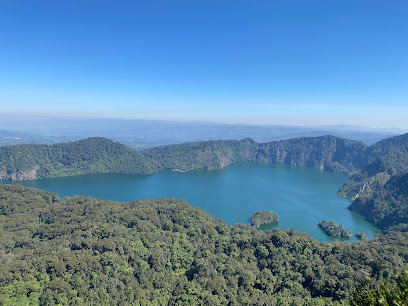
Mnara Wa Mwenge
Explore Mnara Wa Mwenge, a historical landmark in Mbeya, Tanzania, honoring the nation's heroes and showcasing its rich cultural heritage.

MBEYA CITY INTERCHANGE
Explore the vibrant Mbeya City Interchange, the heart of transport and culture in southern Tanzania, where adventure and local experiences await.

Unmissable attractions to see
Mzumbe Garden
Experience tranquility and natural beauty at Mzumbe Garden, a serene oasis in Mbeya, Tanzania, perfect for relaxation and photography.
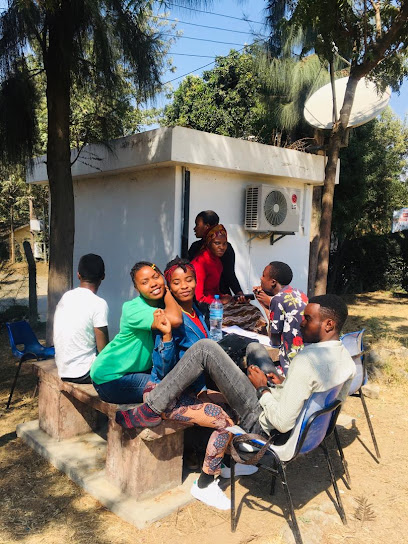
The Great Rift Valley View Point
Discover breathtaking landscapes and tranquility at The Great Rift Valley View Point in Mbeya, Tanzania, a must-visit for nature lovers and adventure seekers.
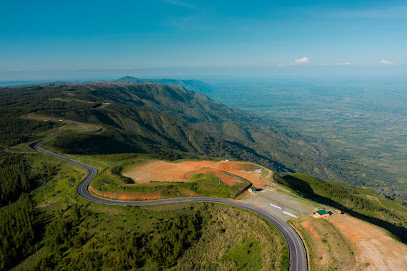
Essence Garden
Explore Essence Garden in Mbeya, a lush oasis offering vibrant flora, tranquility, and the perfect escape into nature's beauty.
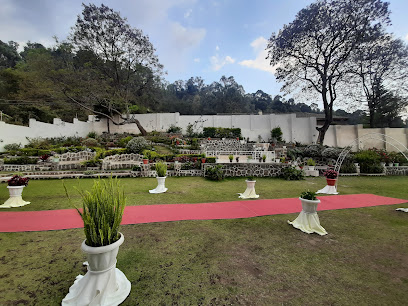
Mbeya Hill hiking trail
Discover the breathtaking beauty of Mbeya Hill hiking trail, a must-visit destination for nature lovers and adventure enthusiasts in Tanzania.

Essential places to dine
Aslam Tandoori Barbeque
Discover authentic Tanzanian flavors at Aslam Tandoori Barbeque, where every dish tells a story of tradition and taste.
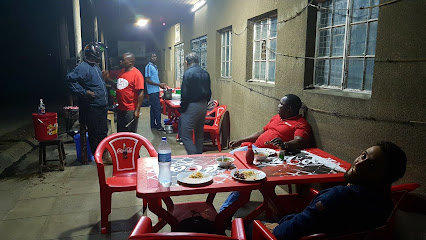
Boss Boss Food and More Restaurant
Discover authentic Tanzanian cuisine at Boss Boss Food and More Restaurant in Mbeya - where every meal tells a story.
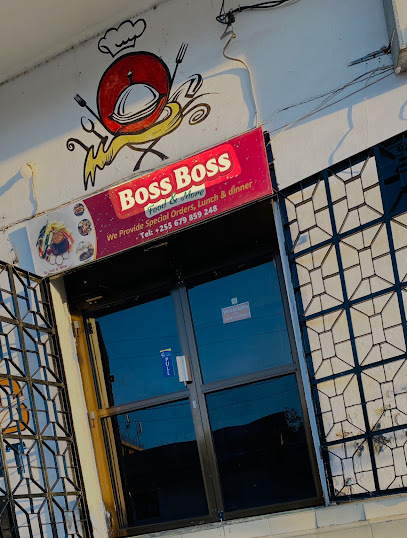
Mbeya Continental Hotel Restaurant and Bar
Savor the essence of Tanzania at Mbeya Continental Hotel Restaurant & Bar with authentic dishes in a welcoming ambiance.
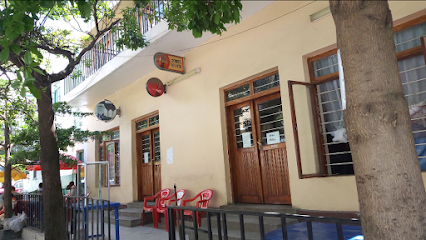
Sombrero Restaurant
Experience authentic Tanzanian cuisine in a warm and inviting atmosphere at Sombrero Restaurant in Mbeya.
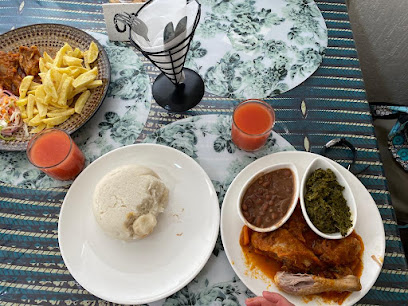
Mambeu's Restaurant
Experience authentic Tanzanian flavors at Mambeu's Restaurant in Mbeya - where every meal is a celebration of local cuisine.
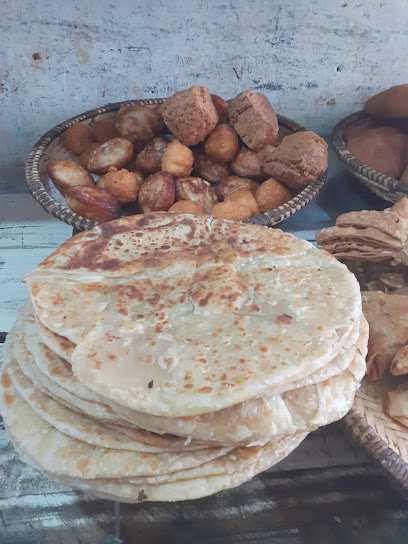
PM's Corner Restaurant
Savor authentic Tanzanian flavors at PM's Corner Restaurant in Mbeya – where every dish tells a story.
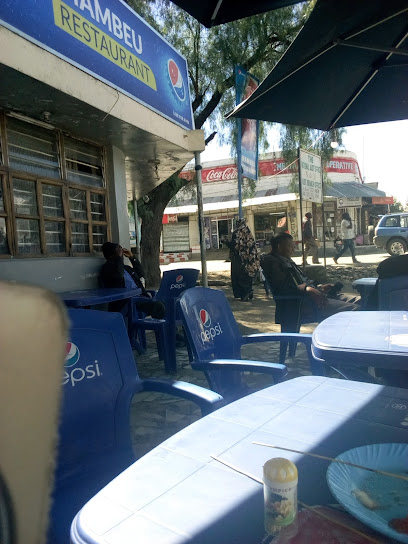
Fair play restaurant
Experience authentic Tanzanian flavors at Fair Play Restaurant in Mbeya - where every meal tells a story.
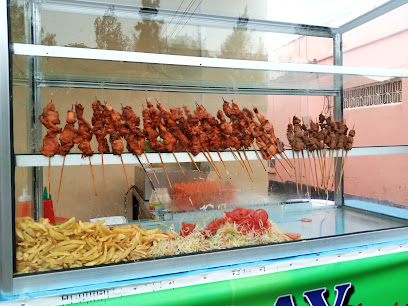
BISMILLAH RESTAURANT
Discover authentic Tanzanian flavors at Bismillah Restaurant in Mbeya - your gateway to local culinary delights.
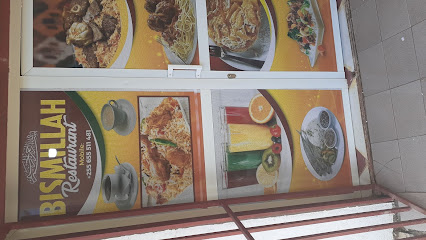
Malimbe Restaurant
Discover authentic African cuisine at Malimbe Restaurant in Mbeya - where every dish is a celebration of local flavors.

Food Summit Restaurant
Experience delightful family-friendly dining at Food Summit Restaurant in Mbeya with local flavors and warm hospitality.

Markets, malls and hidden boutiques
Kabwe Shopping Center
Discover Kabwe Shopping Center: Your Gateway to Shopping, Dining, and Culture in Mbeya, Tanzania.
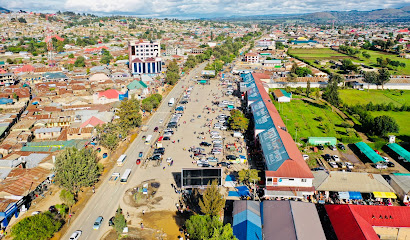
Vodacom Mbeya
Stay connected effortlessly at Vodacom Mbeya - your essential stop for mobile services in Tanzania.
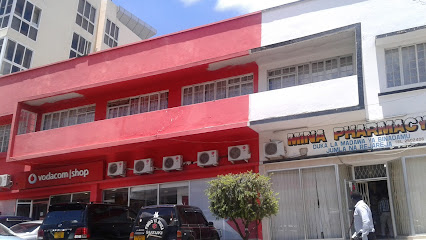
Azra Provisions
Discover the best local and international groceries at Azra Provisions in Mbeya, Tanzania, where authentic flavors meet everyday essentials.
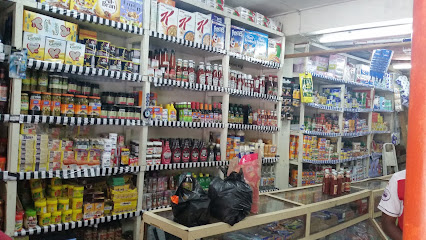
Uzunguni Market
Discover the vibrant culture of Mbeya at Uzunguni Market, where unique crafts and authentic Tanzanian flavors await every traveler.
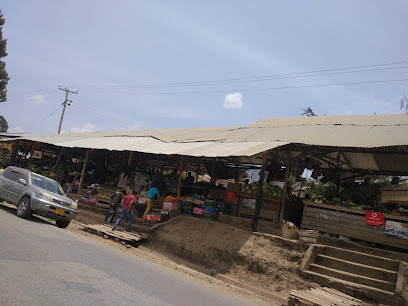
FOREST MPYA
Discover unique local craftsmanship at Forest Mpya, a charming home goods store in Mbeya, Tanzania, surrounded by stunning natural beauty.

Airtel Shop
Discover seamless connectivity at the Airtel Shop in Mbeya, your essential stop for mobile services and local insights during your travels.
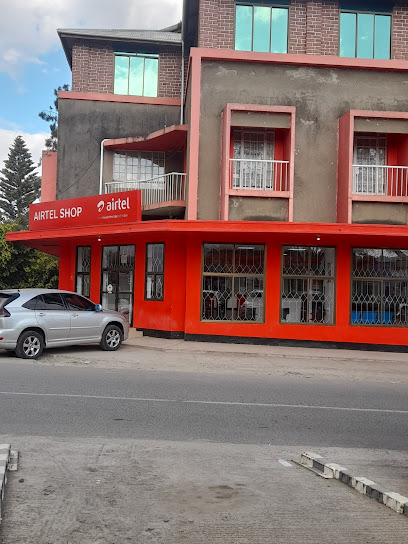
Kayombo Shop - Sido
Discover the vibrant shopping experience at Kayombo Shop - Sido in Mbeya, where local culture meets international brands.
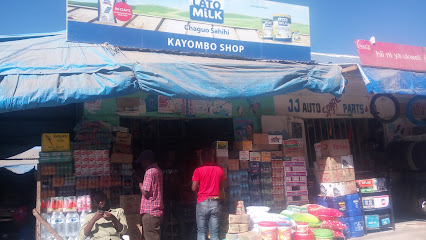
Sianda Shop
Experience the vibrant atmosphere of Sianda Shop, a captivating shopping mall in Mbeya, showcasing local crafts, cuisine, and culture.
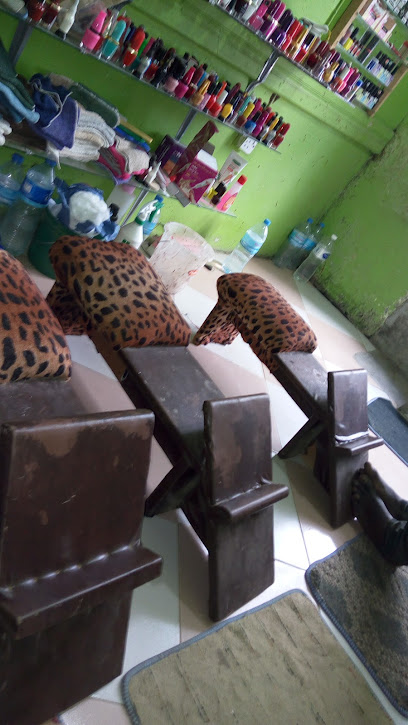
KIGANJANI STORE MBEYA
Explore KIGANJANI STORE MBEYA for the latest mobile devices and exceptional customer service in the heart of Mbeya, Tanzania.
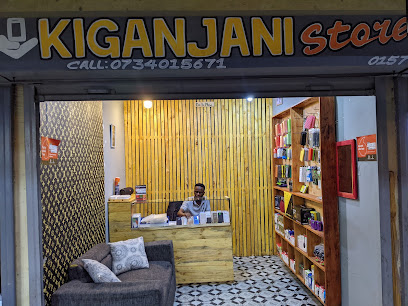
Mbalamwezi accesories store
Explore the vibrant jewelry scene at Mbalamwezi Accessories Store in Mbeya, where craftsmanship meets culture in stunning designs.
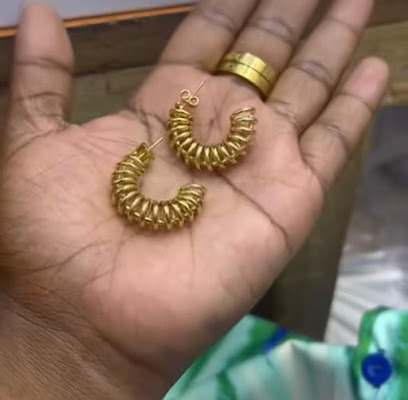
Essential bars & hidden hideouts
Mbeya City Pub
Discover the lively atmosphere and delicious offerings at Mbeya City Pub, the perfect spot for tourists to enjoy local flavors and vibrant nightlife in Mbeya.
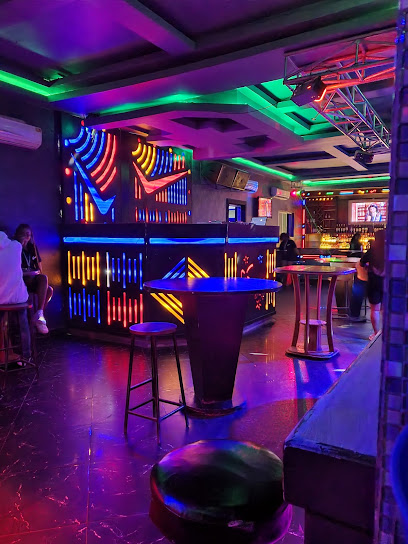
Mbeya Carnival Bar
Discover the lively Mbeya Carnival Bar, where vibrant culture meets refreshing drinks in the heart of Mbeya, Tanzania.
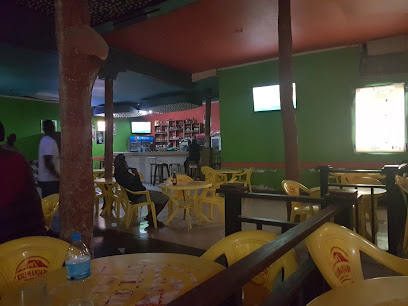
Karembu Bar
Experience the lively nightlife at Karembu Bar in Mbeya, where local culture meets a vibrant atmosphere for an unforgettable evening.
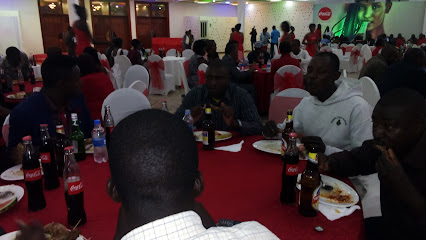
Chako Ni Chako
Experience the vibrant nightlife of Mbeya at Chako Ni Chako, a bar where culture, flavor, and fun come together in perfect harmony.

MLIMANI BEVERAGE BURUDANI
Discover the vibrant local nightlife at Mlimani Beverage Burudani, a must-visit bar in Mbeya, Tanzania for an unforgettable experience.
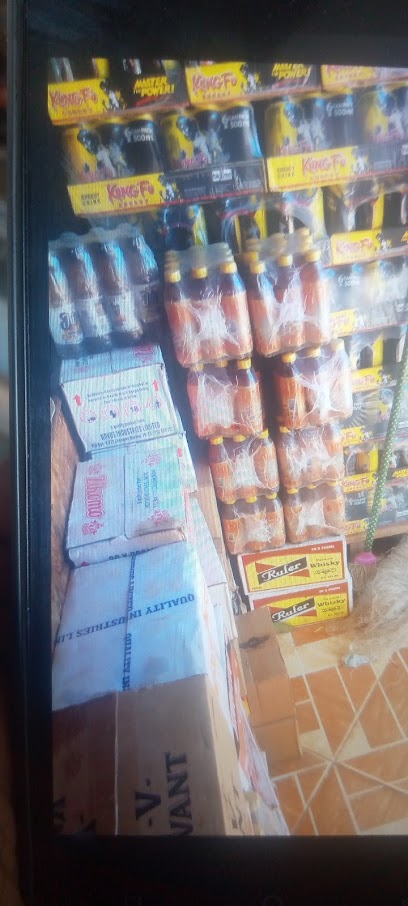
Vamponji Bar
Discover the lively ambiance of Vamponji Bar in Mbeya, where great drinks and local culture come together for an unforgettable experience.
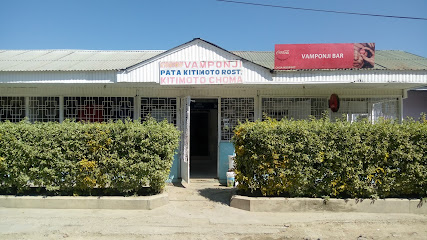
Wini Pub
Experience the lively atmosphere of Wini Pub in Mbeya, where vibrant culture meets delicious drinks in a friendly setting.

MAMA KAKA PUB
Experience the lively nightlife of Mbeya at MAMA KAKA PUB, where locals and tourists connect over drinks and music.
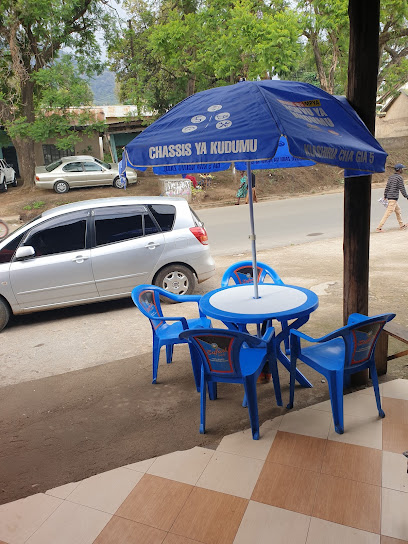
Luchelele lounge
Discover the lively atmosphere of Luchelele Lounge in Mbeya, where locals and tourists mingle over drinks and music in a vibrant setting.

CLUB ELEGANCE
Immerse yourself in the vibrant nightlife of Mbeya at Club Elegance, a lively bar offering a great selection of drinks and a welcoming atmosphere.
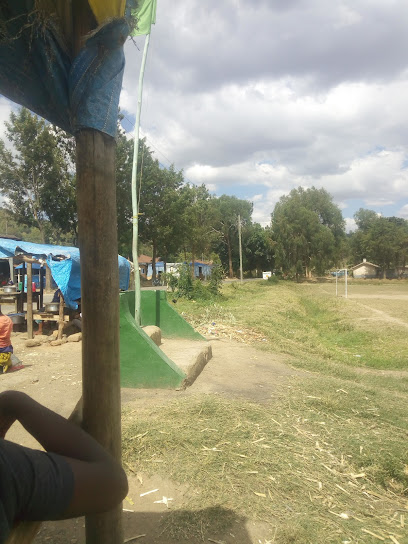
Local Phrases
-
- HelloJambo
[jahm-boh] - GoodbyeKwaheri
[kwah-heh-ree] - YesNdio
[uhn-dee-oh] - NoHapana
[hah-pah-nah] - Please/You're welcomeTafadhali
[tah-fah-dah-lee] - Thank youAsante
[ah-sahn-teh] - Excuse me/SorrySamahani
[sah-mah-hah-nee] - How are you?Unajisikiaje?
[oo-nah-jee-see-kee-ah-jeh] - Fine. And you?Salama. Na wewe?
[sah-lah-mah. nah-weh-weh] - Do you speak English?Unazungumza Kiingereza?
[oo-nah-zoon-goom-zah kee-een-geh-reh-zah] - I don't understandSielewi
[see-eh-leh-wee]
- HelloJambo
-
- I'd like to see the menu, pleaseNingependa kuona menyu, tafadhali
[nee-ngeh-pehn-dah kwoh-nah meh-nyoo, tah-fah-dah-lee] - I don't eat meatMimi si kula nyama
[mee-mee see koo-lah nyah-mah] - Cheers!Mambo!
[mahm-boh] - I would like to pay, pleaseNingependa kulipa, tafadhali
[nee-ngeh-pehn-dah koo-lee-pah, tah-fah-dah-lee]
- I'd like to see the menu, pleaseNingependa kuona menyu, tafadhali
-
- Help!Msaada!
[msah-ah-dah] - Go away!Nenda zako!
[nen-dah zah-koh] - Call the Police!Piga simu polisi!
[pee-gah see-moo poh-lee-see] - Call a doctor!Piga simu daktari!
[pee-gah see-moo dahk-tah-ree] - I'm lostNimepotea
[nee-meh-poh-teh-ah] - I'm illMimi ni mgonjwa
[mee-mee nee m-gohn-jwah]
- Help!Msaada!
-
- I'd like to buy...Ningependa kununua...
[nee-ngeh-pehn-dah koo-noo-noo-ah] - I'm just lookingNatazama tu
[nah-tah-zah-mah too] - How much is it?Ni bei gani?
[nee bay gah-nee] - That's too expensiveHiyo ni ghali sana
[hee-yoh nee gah-lee sah-nah] - Can you lower the price?Unaweza kupunguza bei?
[oo-nah-weh-zah koo-poon-goo-zah bay]
- I'd like to buy...Ningependa kununua...
-
- What time is it?Ni saa ngapi?
[nee sah-ah ngah-pee] - It's one o'clockNi saa moja
[nee sah-ah moh-jah] - Half past (10)Saa kumi na nusu
[sah koo-mee nah noo-soo] - MorningAsubuhi
[ah-soo-boo-hee] - AfternoonMchana
[m-chah-nah] - EveningJioni
[joh-nee] - YesterdayJana
[jah-nah] - TodayLeo
[leh-oh] - TomorrowKesho
[keh-shoh] - 1Moja
[moh-jah] - 2Mbili
[m-bee-lee] - 3Tatu
[tah-too] - 4Nne
[n-neh] - 5Tano
[tah-noh] - 6Sita
[see-tah] - 7Saba
[sah-bah] - 8Nane
[nah-neh] - 9Tisa
[tee-sah] - 10Kumi
[koo-mee]
- What time is it?Ni saa ngapi?
-
- Where's a/the...?Iko wapi...?
[ee-koh wah-pee] - What's the address?Anwani ni ipi?
[ahn-wah-nee nee ee-pee] - Can you show me (on the map)?Unaweza kunionyesha (kwenye ramani)?
[oo-nah-weh-zah koo-nee-ohn-yeah-shah kweh-neh rah-mah-nee] - When's the next (bus)?Basi la pili litakuja lini?
[bah-see lah pee-lee lee-tah-koo-jah lee-nee] - A ticket (to ....)Tiketi (kwenda ....)
[tee-keh-tee kwahn-dah]
- Where's a/the...?Iko wapi...?
History of Sisimba
-
Sisimba, like many regions in Mbeya, has a rich history of early human settlements. The area was inhabited by various indigenous communities who engaged in agriculture and trade. The fertile land and favorable climate allowed for the cultivation of crops, which attracted neighboring tribes and led to the establishment of trade routes that connected Sisimba to other parts of Tanzania.
-
During the late 19th century, Sisimba came under German colonial rule, which had a significant impact on the region. The Germans introduced new agricultural practices and infrastructure, including roads and railways, facilitating trade and movement. This period also saw the establishment of administrative structures that influenced local governance and land ownership.
-
The outbreak of World War I in 1914 saw the British take control of German East Africa, including Sisimba. The British administration continued to exploit the region's resources and implemented policies that affected land use and agricultural practices. This transition marked a shift in the cultural landscape, as British customs and governance methods began to blend with local traditions.
-
Following Tanzania's independence in 1961, Sisimba experienced significant changes as the new government sought to promote agricultural development and self-sufficiency. Villages were reorganized, and communal farming initiatives were introduced, impacting the socio-economic fabric of the community. The emphasis on education and health services also improved the quality of life for residents.
-
Today, Sisimba is a vibrant neighborhood within Mbeya, reflecting a unique blend of historical influences and modernity. The local culture is characterized by traditional music, dance, and crafts, showcasing the rich heritage of the indigenous people. Festivals and communal gatherings continue to play a vital role in preserving cultural identity while embracing contemporary changes in society.
Sisimba Essentials
-
Sisimba is located within Mbeya, Tanzania, and can be reached from various neighborhoods in the city. The most common way to get to Sisimba is by taking a local taxi or a bodaboda (motorcycle taxi) from the city center, which usually takes around 15-30 minutes depending on traffic. Minibuses (daladalas) also operate routes to Sisimba, providing an affordable option for travelers. If coming from Mbeya Airport, taxis are readily available to take you directly to Sisimba.
-
Sisimba is a neighborhood where walking is a convenient way to explore. For longer distances, local taxis and bodabodas are available and are a popular means of transport. The minibuses (daladalas) are also a viable option for getting around the area, connecting you to other parts of Mbeya. Renting a bicycle can be a delightful way to experience the area at a leisurely pace.
-
Sisimba is generally a safe neighborhood for tourists, but standard precautions should be taken. Avoid walking alone at night, especially in poorly lit areas. While crime rates are relatively low, petty theft can occur, particularly in crowded places. It is advisable to avoid areas on the fringes of Sisimba that are less populated, especially after dark.
-
In case of an emergency, dial 112 for police assistance or 999 for medical emergencies in Tanzania. The nearest hospital is located a short distance away in Mbeya city center. It is beneficial to have travel insurance that covers medical emergencies. For minor health issues, local pharmacies are available for basic medications.
-
Fashion: Do dress modestly, respecting local customs. Avoid revealing clothing. Religion: Do respect local traditions and customs, particularly when visiting religious sites. Public Transport: Do give up your seat for elderly passengers and refrain from loud conversations. Don't eat or drink on public transport. Greetings: Do greet locals with a friendly smile and a handshake. Eating & Drinking: Do try local dishes and accept food offerings. Don't refuse hospitality, as it may offend your hosts.
-
To experience Sisimba like a local, visit the local markets where fresh produce and traditional handicrafts are sold. Engage with residents, who are often welcoming and eager to share their culture and stories. Attend local events or festivals if your visit coincides with them for an authentic cultural experience. Sampling street food is highly recommended, as it offers a taste of local cuisine.
Nearby Cities to Sisimba
-
Things To Do in Karonga
-
Things To Do in Iringa
-
Things To Do in Kasama
-
Things To Do in Mzuzu
-
Things To Do in Nkhata Bay
-
Things To Do in Dodoma
-
Things To Do in Tabora
-
Things To Do in Singida
-
Things To Do in Morogoro
-
Things To Do in Chipata
-
Things To Do in Salima
-
Things To Do in Lilongwe
-
Things To Do in Kigoma
-
Things To Do in Mangochi
-
Things To Do in Dar es Salaam








